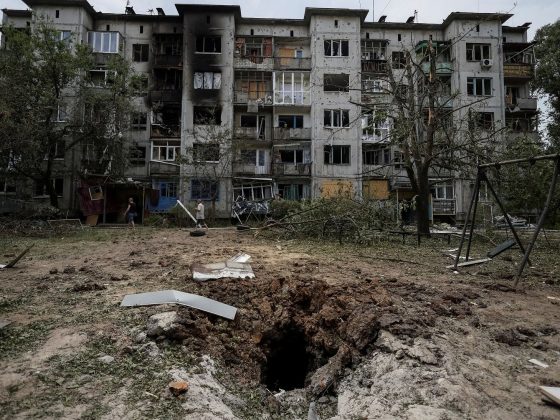The more chaotic the world becomes, the more stressed and anxious we become, as well.
Insecurity about the future is causing trepidation, and the only thing that seems certain is that we cannot trust anyone and have no clue what tomorrow will bring. There is one culprit behind our fears and anxieties: We are hostile and hateful toward each other, and where there is no love, there is fear, and lots of it.
Not only people are afraid. We find fear in pets, animals, and even plants, although we do not label it as such. Fear does us a great service: it is a sentinel that warns us of falling into dangerous pitfalls, a protective mechanism that all living beings employ.
“If we want to feel safe, we need not work directly on increasing our confidence. On the contrary, we should put aside our excessive preoccupation with ourselves and focus on developing care for others, since the lack thereof is the reason for our fear.”
It seems reasonable to think that progress should have made us more confident. It seems as though technology can protect us better than if we lived in caves. However, development has brought with it a slew of unfamiliar dangers with which we have no idea how to cope.
In the past, hazards were just as formidable, if not more so, and truly existential. For the cavepeople, for example, venturing out of the cave meant being vulnerable to attacks by predators. However, fear did not cause panic because people knew the dangers and how to protect themselves from them. Today, countless elements and factors affect our lives and the lives of our loved ones, and we cannot know them all, cannot see them coming, and do not know how to overcome them. Naturally, this puts us in a state of constant pressure and anxiety.
The more we evolve, the more self-centered we become. In fact, since approximately the turn of the century, we have reached such a level of egoism that sociologists are speaking of a “narcissism epidemic.”
“A person preoccupied with caring is not afraid of anything. Caring for others is the greatest gift one can receive. If we can build a society based on consideration and care, it will be a society of confident and happy people, since there is no fear in the presence of love.”
As we are growing increasingly sophisticated and increasingly narcissistic, we are developing increasingly complicated systems that leave us powerless and mistrustful of them and of each other. Because we do not like or trust each other, we are erecting protective shields that increase our isolation, alienation, and thus our fear.
If we want to feel safe, we need not work directly on increasing our confidence. On the contrary, we should put aside our excessive preoccupation with ourselves and focus on developing care for others, since the lack thereof is the reason for our fear.
A sense of security does not come from fighting against hatred; it comes from striving for connection, for caring. The only malice that exists is in our hearts. Its cure is not to uproot it but to instill consideration and ultimately kind-heartedness.
A person preoccupied with caring is not afraid of anything. Caring for others is the greatest gift one can receive. If we can build a society based on consideration and care, it will be a society of confident and happy people, since there is no fear in the presence of love.











